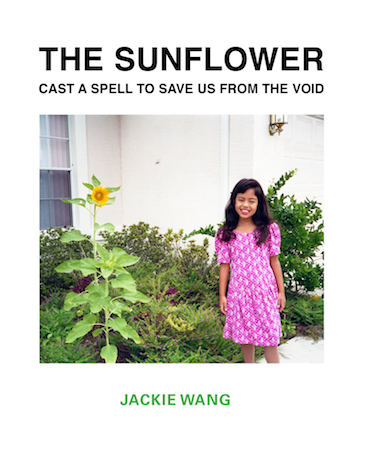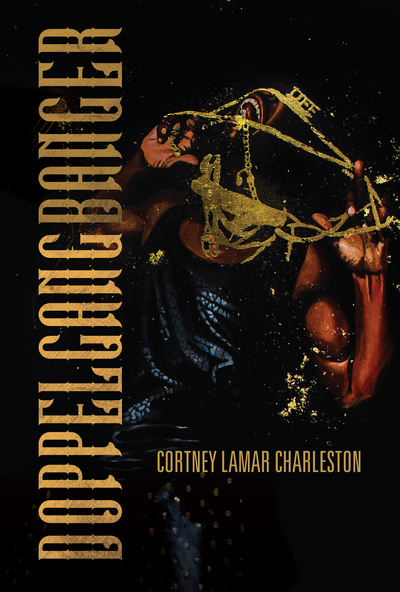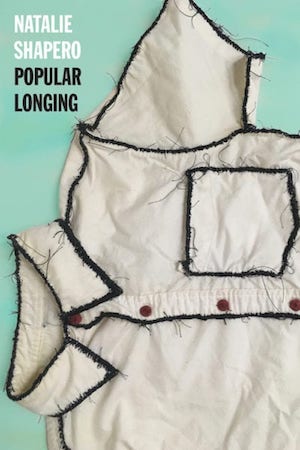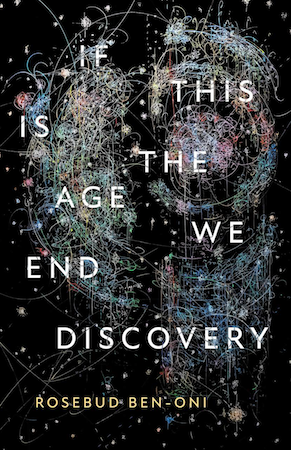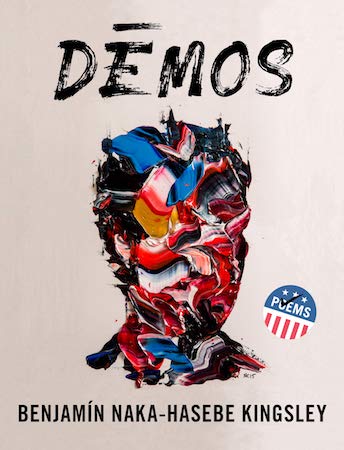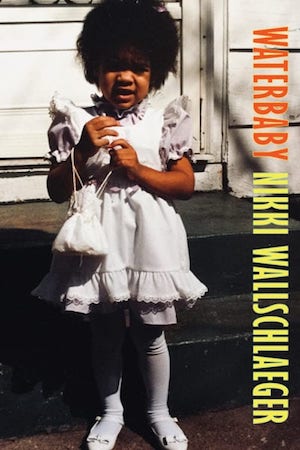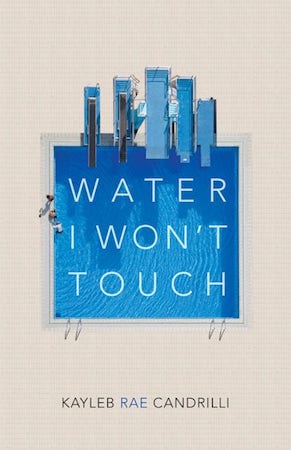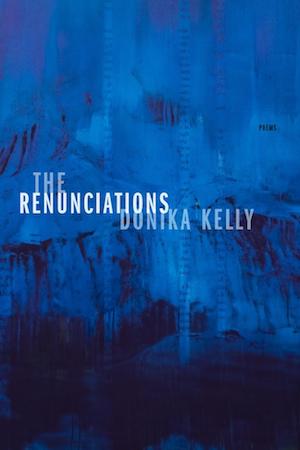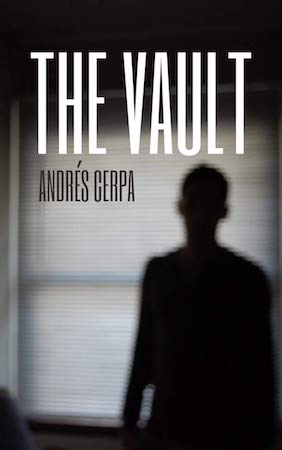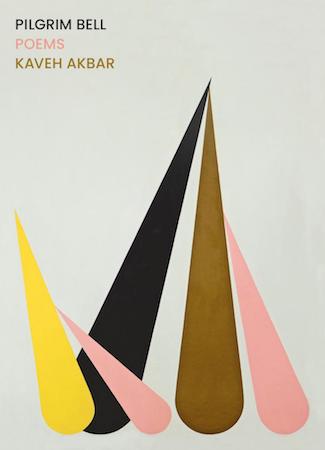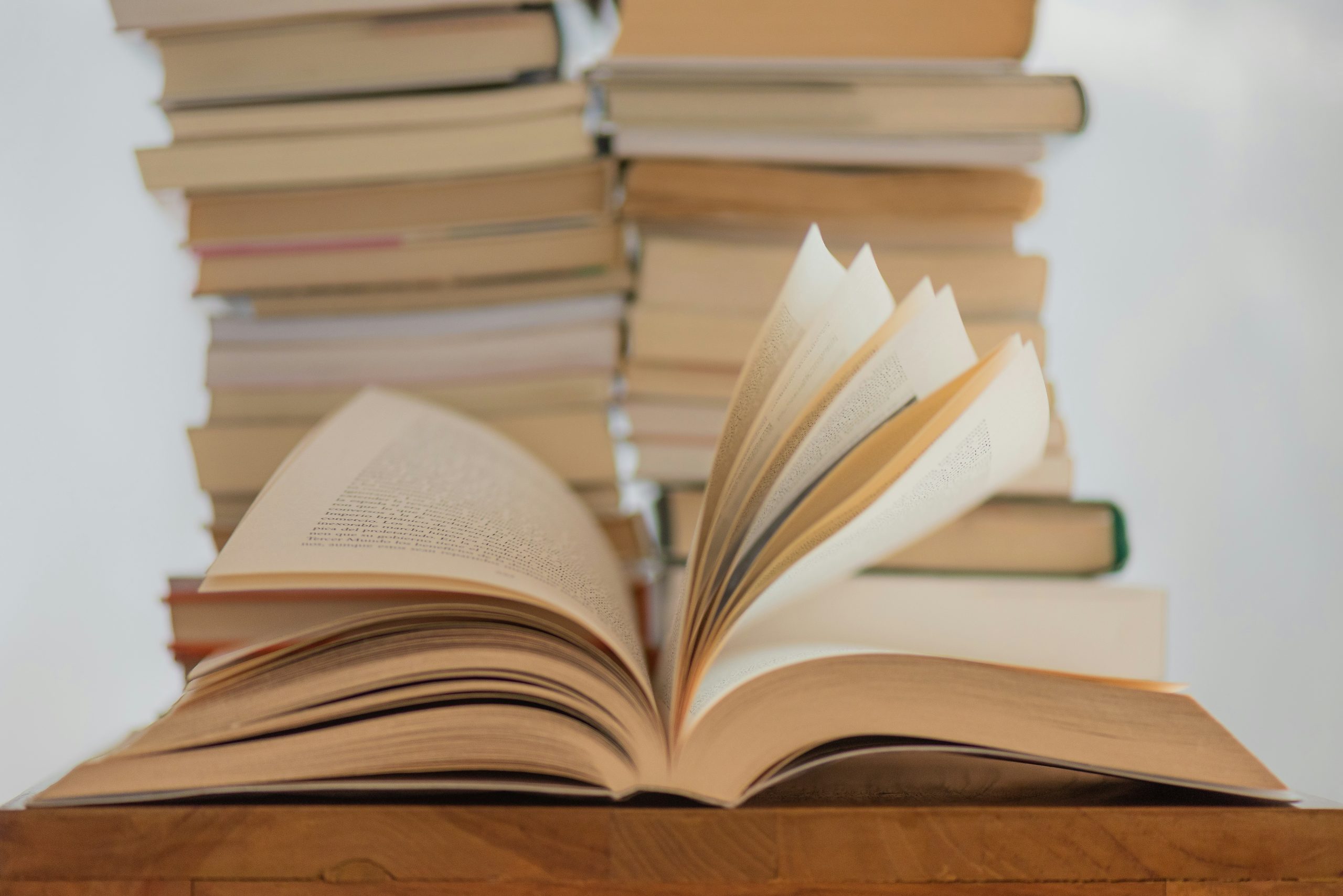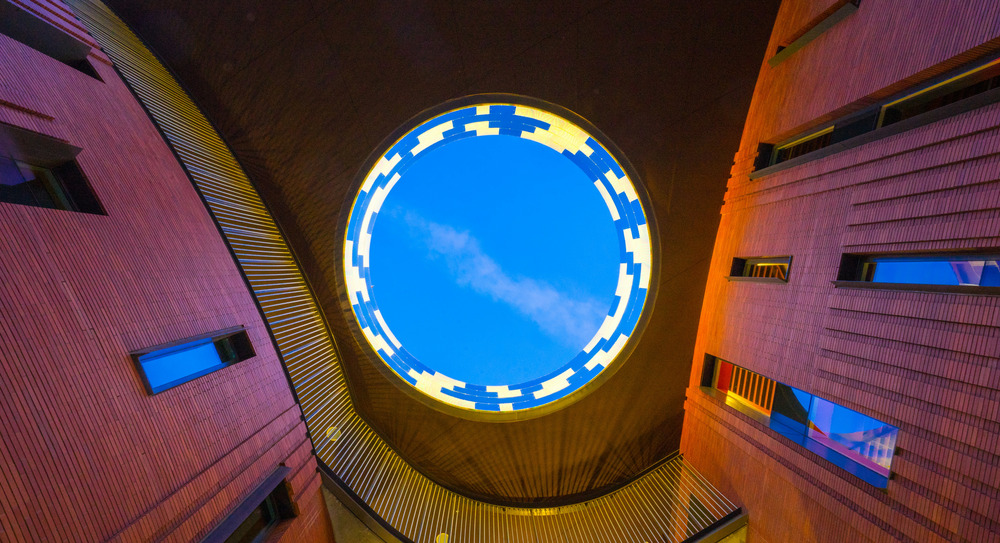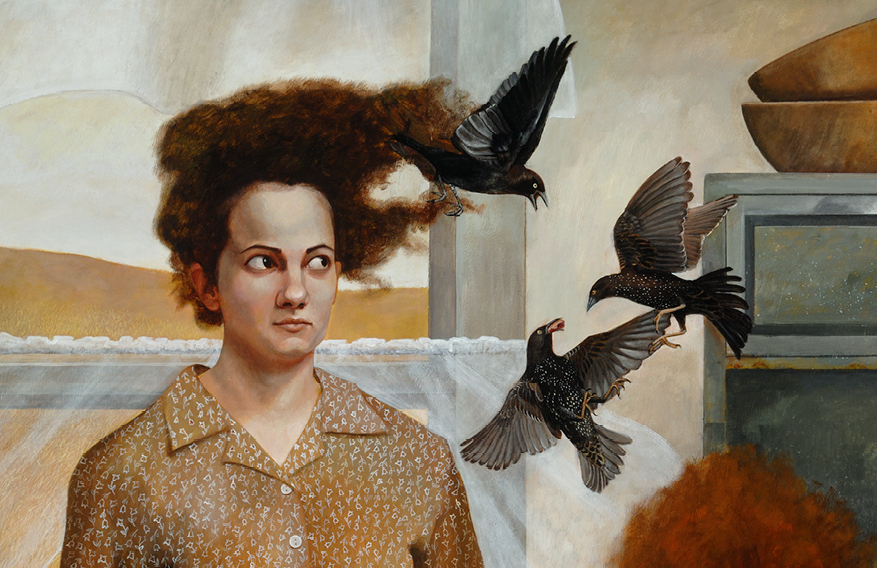Reading Lists
10 Highly Anticipated Poetry Books to Redeem 2021
It's not going too well so far, but at least we have these books to look forward to in the first part of the year
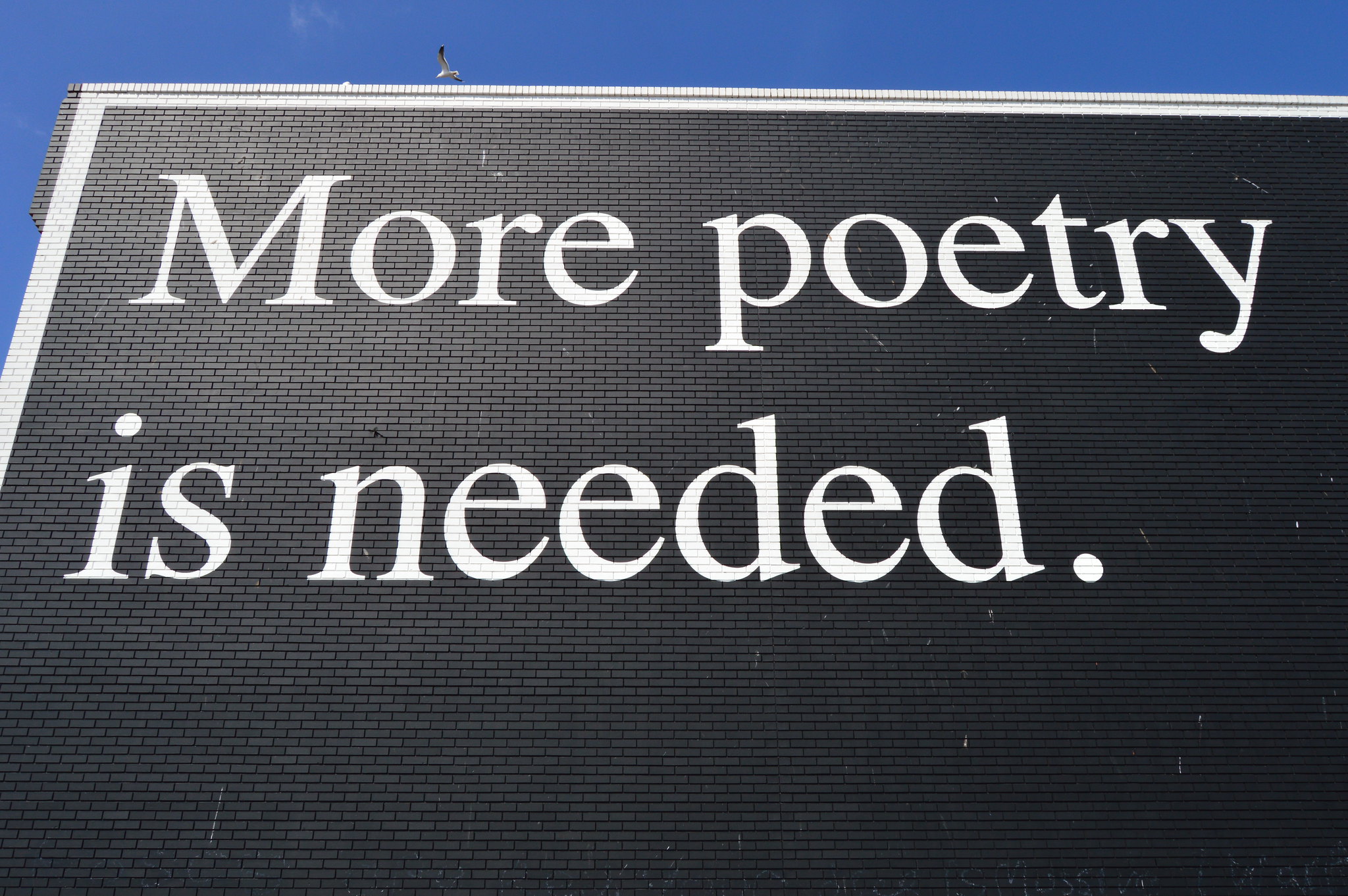
I don’t need to say that poetry got us through 2020, because poets get us through everything.
I don’t say this to put a burden on all of the beautiful poets out there, of course. But when we’re acutely focused on small joys and precious moments, I can’t help but think that poetry might be the perfect medium for us. This is true now, this is true always.
I can’t help but think that poetry might be the perfect medium for us. This is true now, this is true always.
Things have been distracting; life has changed irrevocably. We feel unsure, adrift, and anxious about so many things. We’re rethinking the media we consume, the ways we communicate, what’s important. If you’re anything like me, you’ve struggled to focus on anything beyond the absolute basics in order to get by. I watched the same shows over and over. While I was reading more often, I was only able to focus on things that felt familiar, where I knew what I was getting into. I’ve been in a bubble. Maybe you have, too.
It is during these times when I feel that I need poetry the most. I think back to all of the times in my life when I’ve felt lost or stuck, and poets have always been able to shake me out of it. Poetry is there for comfort and for radicalization, for pain and joy, for when we’re feeling trapped in our own fleshy meat suits and when we’re feeling like screaming at the stars. Poems give us new ways to look at life, nudge us to feel more and deeper, remind us that there is beauty in the world. Poetry carries us through.
So, here’s to the possibilities of a new year, and the poetry that will take us there.
The Sunflower Cast a Spell To Save Us From The Void by Jackie Wang (January 26)
Drifting in and out of dreamstates, Jackie Wang’s debut collection explores the state of unrest caused by the looming threat of climate change, the economy and, ya know, all the other things that want us dead. Life can feel like a dream when you’re living in the margins and everything seems built to exclude you and people like you, Wang’s collection takes us to all the unfathomable places we sometimes find ourselves in, and reminds us there is also hope and brightness and bravery.
Doppelgangbanger by Cortney Lamar Charleston (February 9)
It’s strange to think that this is Cortney Lamar Charleston’s first full-length book since 2017. He’s such a staple in the poetry world, as poetry editor for The Rumpus and all-around wonderful presence in the writing community. Doppelgangbanger is an introspective look at Black masculinity and boyhood, pop culture, and how our upbringings shape us. Charleston takes us from malls to basketball courts as he interrogates the language of growing up.
Popular Longing by Natalie Shapero (February 16)
Natalie Shapero is the poet I’d most like to have at a dinner party, and Popular Longing is a perfect example of why. Her sharp observations of human weirdness are just unparalleled. Popular Longing is cutting, clever, and a criticism of modern culture. Shapero knows no bounds here, and it makes for a remarkable read.
If This Is the Age We End Discovery by Rosebud Ben-Oni (March 9)
Rosebud Ben-Oni’s unique style blends physics and language, as if she is single handedly trying to break down the STEM/Humanities divide. Ben-Oni’s poems are filled with wonder for the world, causing readers to shift perspective and open up to new possibilities. This collection explores how we seek connection, love, and understanding in a way that is truly otherworldly.
Dēmos: An American Multitude by Benjamín Naka-Hasebe Kingsley (March 9)
In a superbly inventive collection, Benjamín Naka-Hasebe Kingsley’s work explores the living under the dominance of whiteness in America and the history of violence, particularly against Native communities. These poems ask: is racial violence in this country’s DNA? How far will it go, how long will this go on? It is a bold inquisition into the damage that has been done, accomplished with creative risk-taking.
Waterbaby by Nikki Wallschlaeger (April 6)
Motherhood and family can provide a deep well of inspiration for writers, and Nikki Wallschlaeger’s new collection dives in head-first. Delving into Black womanhood, the postpartum body, and what it means to sustain love and warmth, Wallschlaeger’s work is unflinching in its honesty. It is about darkness and hope, struggle and survival, sinking and floating.
Water I Won’t Touch by Kayleb Rae Candrilli (April 20)
With thoughtful contemplations on home, the body, and adulthood, Kayleb Rae Candrilli’s new collection is full of confidence. These poems feel secure in what they are and to whom they are speaking, and are ready to leave the past behind and move forward into their blessings. With tender words to their partner and themself, Candrilli’s new collection speaks not only to the nonbinary/trans experience, but the experience of coming into one’s own self and finding happiness.
The Renunciations by Donika Kelly (May 4)
Donika Kelly is one of our best and brightest, and this collection is just hit after hit after hit. These poems discuss queerness, legacy, growing beyond our parentage, and finding solace in each other. This collection feels strong and rooted in the earth, and explores how we are connected, and how we can break free.
The Vault by Andrés Cerpa (June 15)
Andrés Cerpa’s sophomore collection grapples with loss, grief, and the disassociation that can come with being a survivor. Everything normal becomes slightly strange, things feel far away and unsteady. In these poems, Cerpa exhibits restraint and care, each thought purposefully positioned on the page. His work is somber, reflective, and deeply moving.
Pilgrim Bell by Kaveh Akbar (August 3)
I get genuine butterflies thinking about the fact that we’re getting a new collection of Kaveh Akbar poems to cherish this year. One of the most thoughtful and dynamic poets working today, Akbar’s work grapples with religion and godliness, addiction and Americanness, language and selfhood. Akbar’s work pulls no punches, and if “The Palace” is anything to go by, we’re about to get shaken to our very cores.




